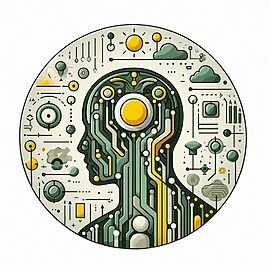Big Five Personality Test*

Originally developed in 1949, the Big Five Personality Traits is a theory established by D. W. Fiske and later expanded upon by other researchers including Norman (1967), Smith (1967), Goldberg (1981), and McCrae & Costa (1987). The Big Five personality test stands as a comprehensive framework for understanding human personality traits. The test itself was developed by psychologists Lewis Goldberg, Robert McCrae, and Paul Costa in the late 1980s. This assessment tool allows for a nuanced understanding of one’s behavioral tendencies and preferences. The test revolves around five primary factors: openness, conscientiousness, extraversion, agreeableness, and neuroticism, commonly referred to as the “OCEAN” model.
For Individuals:
- Understanding of own personality traits, strengths, and areas for improvement
- Making informed decisions about own careers, relationships, and personal development
- More effective navigating various life situations
For Companies:
- Improvement of hiring and talent management processes
- Identification of individuals who are more likely to excel in collaborative settings, demonstrate leadership potential, or exhibit traits conducive to high-performance and job satisfaction
- Informed decisions about team composition, professional development, and overall organizational effectiveness
The Big Five personality test is a survey that scores an individual across five personality dimensions (or traits), each representing a different description of personality. It provides both individuals and companies with a profound understanding of human personality, guiding personal growth and facilitating strategic decision-making in various contexts.
Try Psychodiagnostic Chatbot for Free!
No card needed
Alternatively, CONTACT US to in-build the Testing Platform into your website
* We use the International Personality Item Pool (IPIP) for our testing approach. It’s a collection of items managed by the Oregon Research Institute, freely available to the public. This tool helps us assess personality traits, and because it’s open-source, it promotes broad research and practical use.
